We need you to meet our friend, Ariane.
Note that I didn’t say “we want you to meet” Ariane; that was a very deliberate “NEED” because she has a message about visual identity, media, and education that we all (parents and non-parents alike) need to read and fully digest.
(We’re also giving away one of her amazing MALALA tees to a lucky reader! Scroll for details.)
Ariane, thank you for this and for all of the amazing things you do for the cultural climate of this city. It’s an honour to call you a #RebelAuntie.
xx RM
“One child, one teacher, one book and one pen can change the world.”
These are the words of Malala Yousafzai, who in 2012, at the age of 15, was gunned down by a masked attacker while travelling home from school with her classmates. Malala was shot with a single bullet that went through her head, neck and shoulder. Two of her friends were also injured in the attack.
At the time, Malala’s father was known as an advocate for education in Pakistan and became an outspoken opponent of Taliban efforts to restrict education and stop girls from attending school. Sharing her father’s passion for learning, Malala began writing a blog for the BBC under a pseudonym, fearing that her school would be attacked.
Malala and her father received death threats but continued to speak out. Around this time, Malala was featured in a documentary made for The New York Times and was revealed as the author of the BBC blog.
Shortly after, the attempt on her life was made.
The Taliban’s attempt to kill Malala received worldwide condemnation and led to protests across Pakistan. In the weeks after the attack, over 2 million people signed a right to education petition, and the National Assembly swiftly ratified Pakistan’s first Right To Free and Compulsory Education Bill.
After establishing the Malala Fund in 2013, Malala was awarded the Nobel Peace Prize, contributing her entire prize money of more than $500,000 to financing the creation of a secondary school for girls in Pakistan.
“The measure of any society is how it treats its women and girls….”
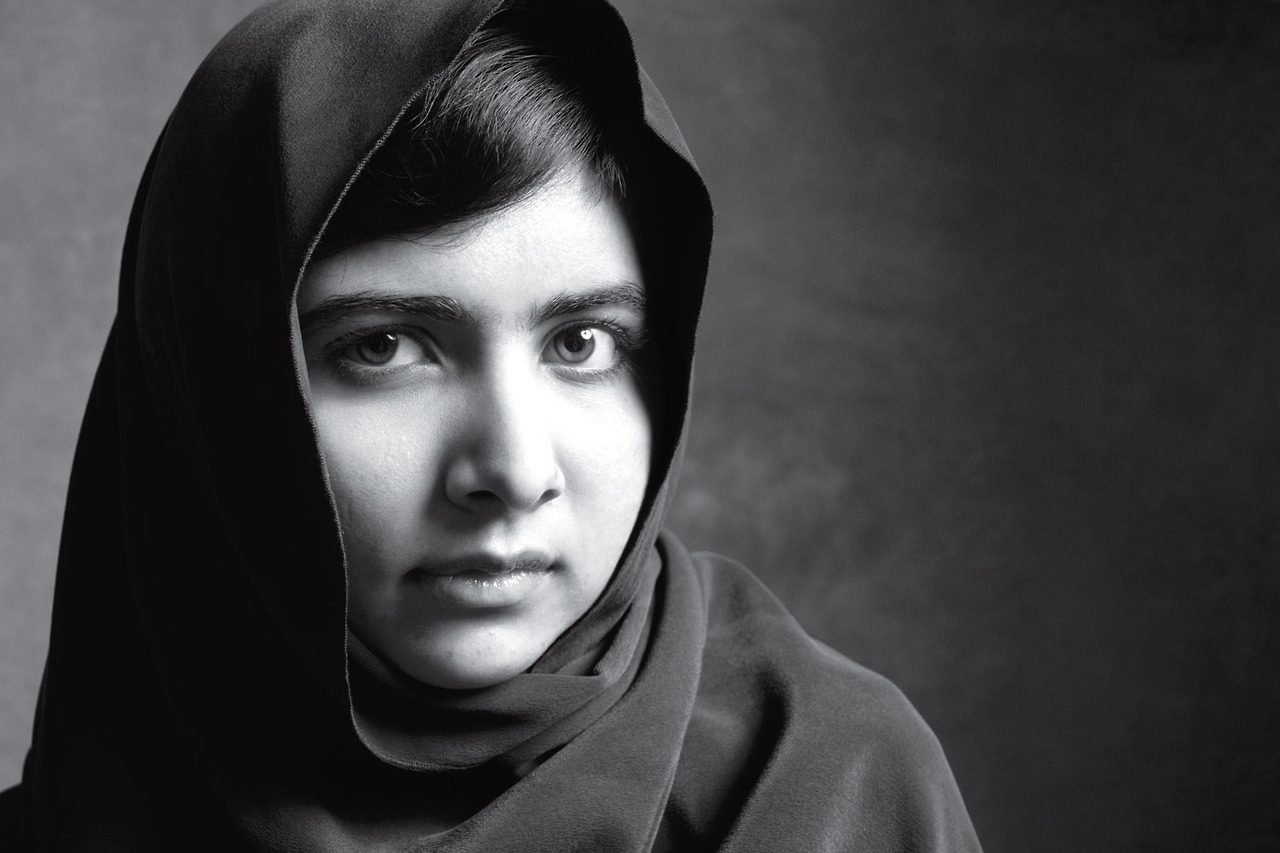
By contrast, in 2012 I was a 28-year-old woman who was playing with Barbie Dolls. Albeit, I was using them as “models” for some lighting tests and as my photography subjects in place of real life women.
As a model myself for over 15 years, I’d always been fascinated with the representation of women in visual culture, our own and foreign ones, since my job was inevitably linked to this (mainly fabricated) reality. As a student, I decided to pursue this curiosity further, specializing in Visual Culture and Communications at the University of Toronto – studying the impact of cultural representation and its effect on industry, society and self-identity.
Those two factors aside, I’ve always loved Barbie. When I was a kid I would play with them for hours. I wanted as many as my parents would allow. I loved them all and wanted them with different hair, different skin, different eyes, different clothes, and different jobs. I would set up scenes, scenarios and escape to a different world where they could do what they wanted and I, in turn, could too.
The Barbie Doll has become an iconic figure and powerful symbol of femininity, for better or for worse, and to this day is used by numerous artists to represent “femaleness” in pop-culture. I mentioned this once in a class in University and another female student scoffed and said, “Oh sure it’s easy for you to say that when you look like a Barbie Doll…” Embarrassed, slightly mortified, I didn’t know what to say except, “No I don’t. None of us do. That’s the point, I think.” She scoffed again.
I hate that story. I never tell it to anyone. But that moment stuck with me. I realized a couple of things in that exchange:
1. Visual representation of identity in pop culture has a resounding impact on people throughout their lives but is experienced differently.
2. It has an impact nonetheless.
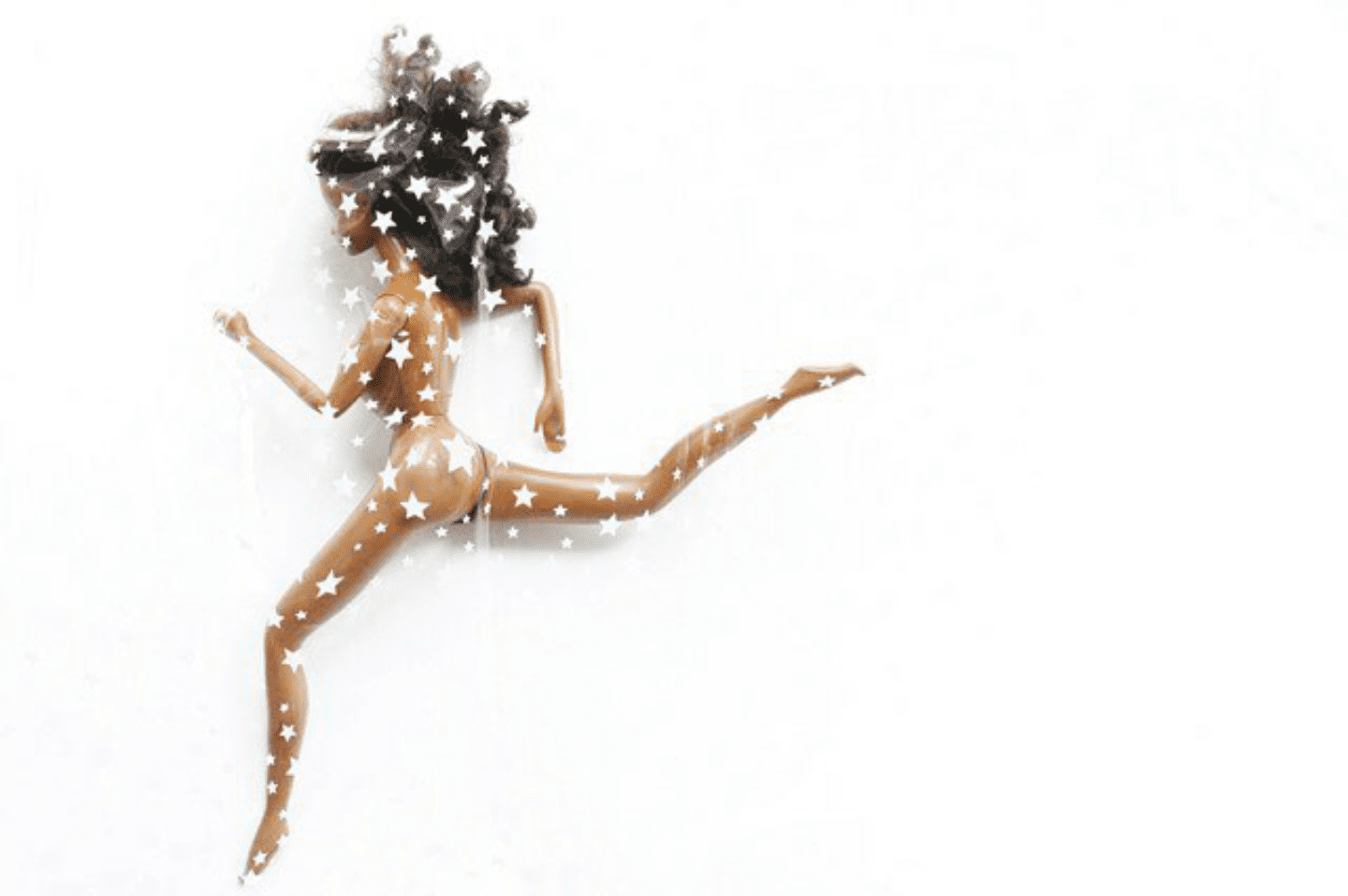
Regardless of how we feel about visual representations of identity, or lack of them, they ultimately make up the fabric of social “standards” and in how a society views people, in relationship to each other. For example, if we live in a society where girls play with perfectly made up dolls, while boys play with toy soldiers do we end up in a place where beauty is the highest standard for women while strength and courage are the highest standards for men? Possibly. I’m more interested in how to bend these notions.
Which brings me to the concept behind our Malala Tees. After hearing Malala’s story and following her journey for several years I couldn’t believe her unbelievable courage, drive and absolute curiosity of life and thirst for knowledge. My mother is a teacher, my brother and sister-in-law are teachers, my cousin is a teacher and my entire life I’ve been fortunate enough to be surrounded by curious people who pride themselves on learning and in passing on knowledge to others that need it most.
We take education for granted. We forget not everyone has access to it. We forget that some people, simply because they were born a girl, are either systemically or forcibly refused access to it. If only we could be reminded of this more so that we practice gratitude for those that teach and for the ability to learn; so that we speak out against those who discourage and block education, while doing what we can to support access to it.
If the Barbie Doll has become the most iconic symbol of femininity in the world then surely a 15-year-old survivor of violence against women, advocate for education, Nobel prize winning, celebrated author and fierce young woman can be as well.
So I reached out to my good friend Sean Siford, a loud, tattooed, punk rock loving vegan and most unassuming feminist you’ll ever meet, who happens to be one of the most bad ass designers I know, and asked him if he could design a tee with the name “Malala” written across the chest in vintage Barbie font.
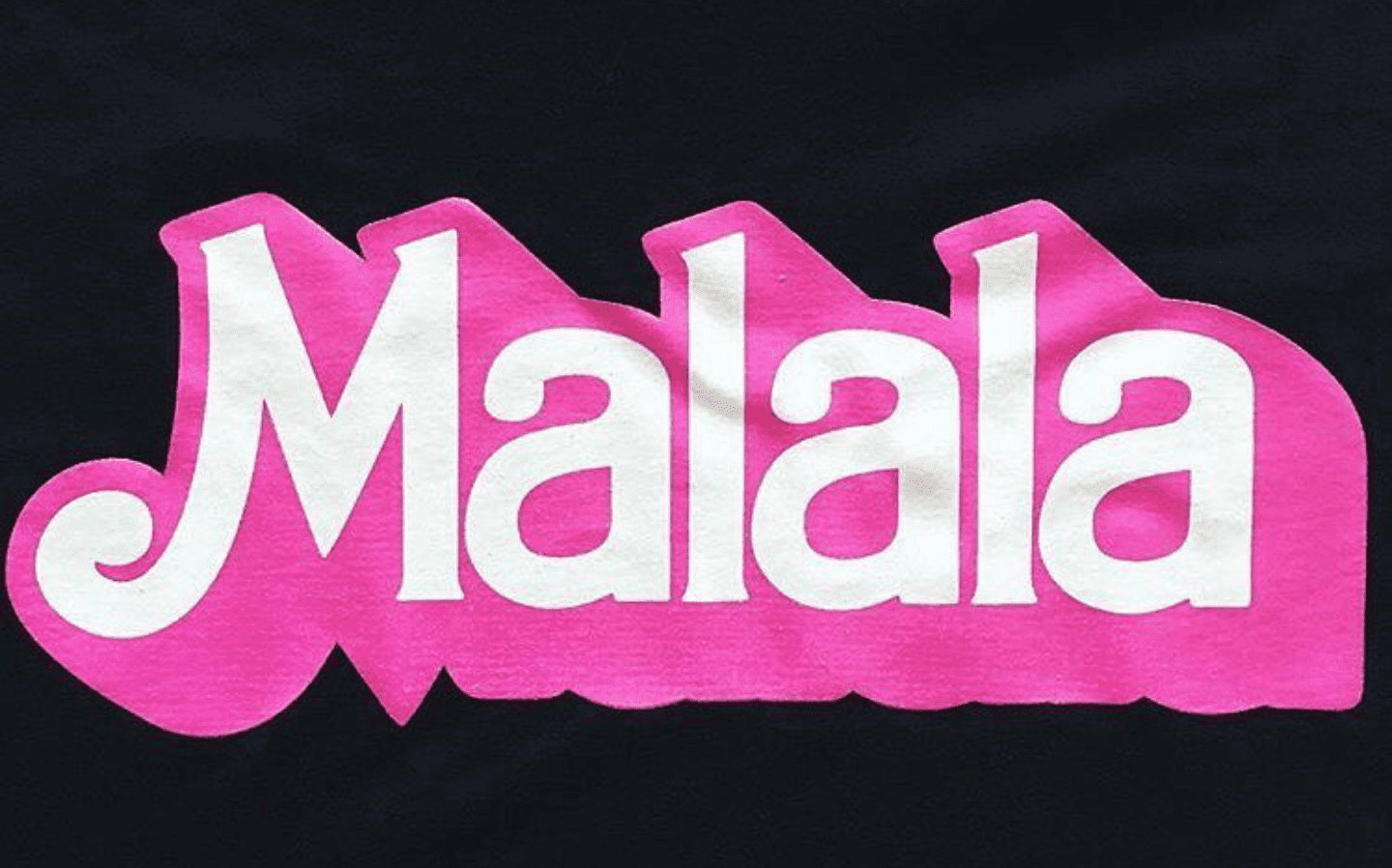
A few days later the Malala tees were born, with $10 of EVERY shirt sold donated to the Malala Fund, helping to fund girls’ education. Last year on International Women’s Day I worked with the Malala Fund on licensing the documentary “I am Malala” and held a private screening at Soho House Toronto to a small group of 60.
This year, along with the help of the Rebel Mamas, we’re giving away a free Malala Tee to raise awareness. We want to hear some of your favourite school/learning memories and why you think girls (and boys!) education is so important.
Share your story with us using the hashtag #rebelmamaformalala on Instagram or Twitter for a chance to win! (A winner will be chosen and announced on March 8 – International Women’s Day!)
If you’re interested in ordering a Malala tee check out www.artandindustry.co
Connect with Ariane Laezza on Instagram // Follow Art And Industry on Instagram
***
Follow THE REBEL MAMA on: Instagram | Facebook | Twitter
*****SHOP THE REBEL MAMA*****

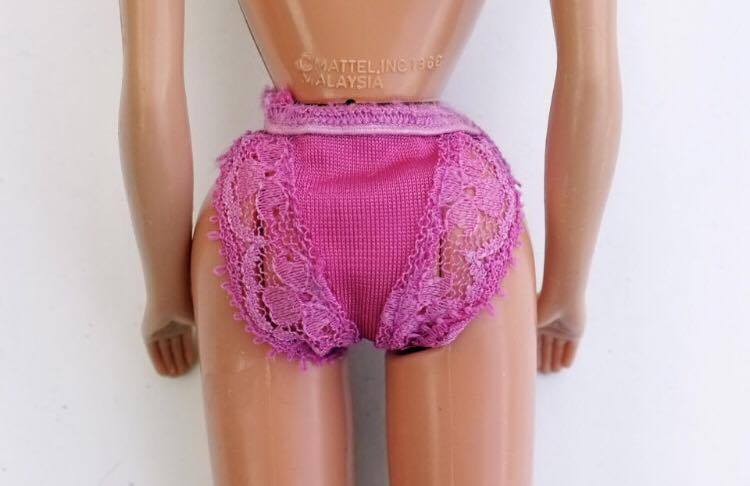
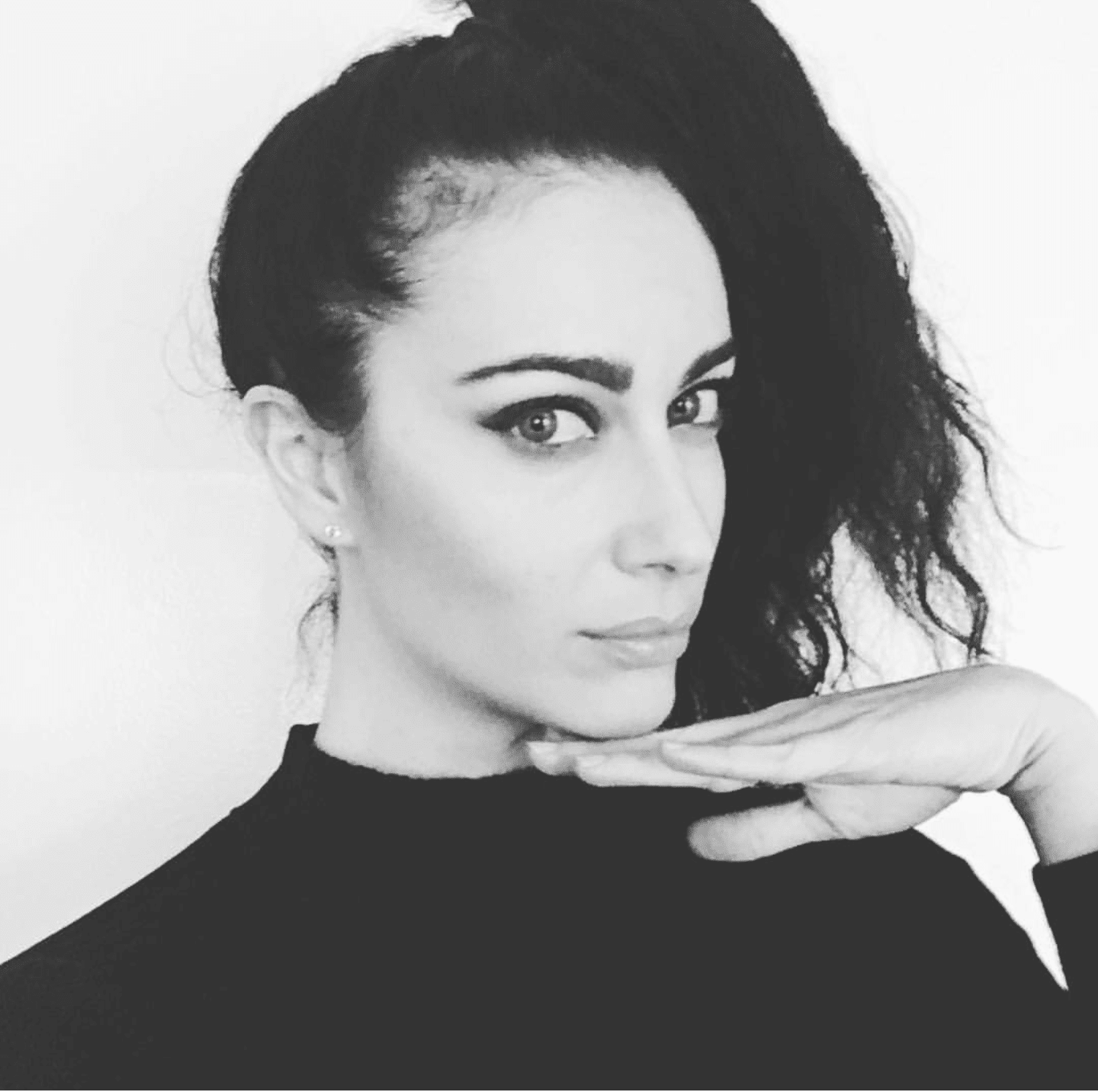
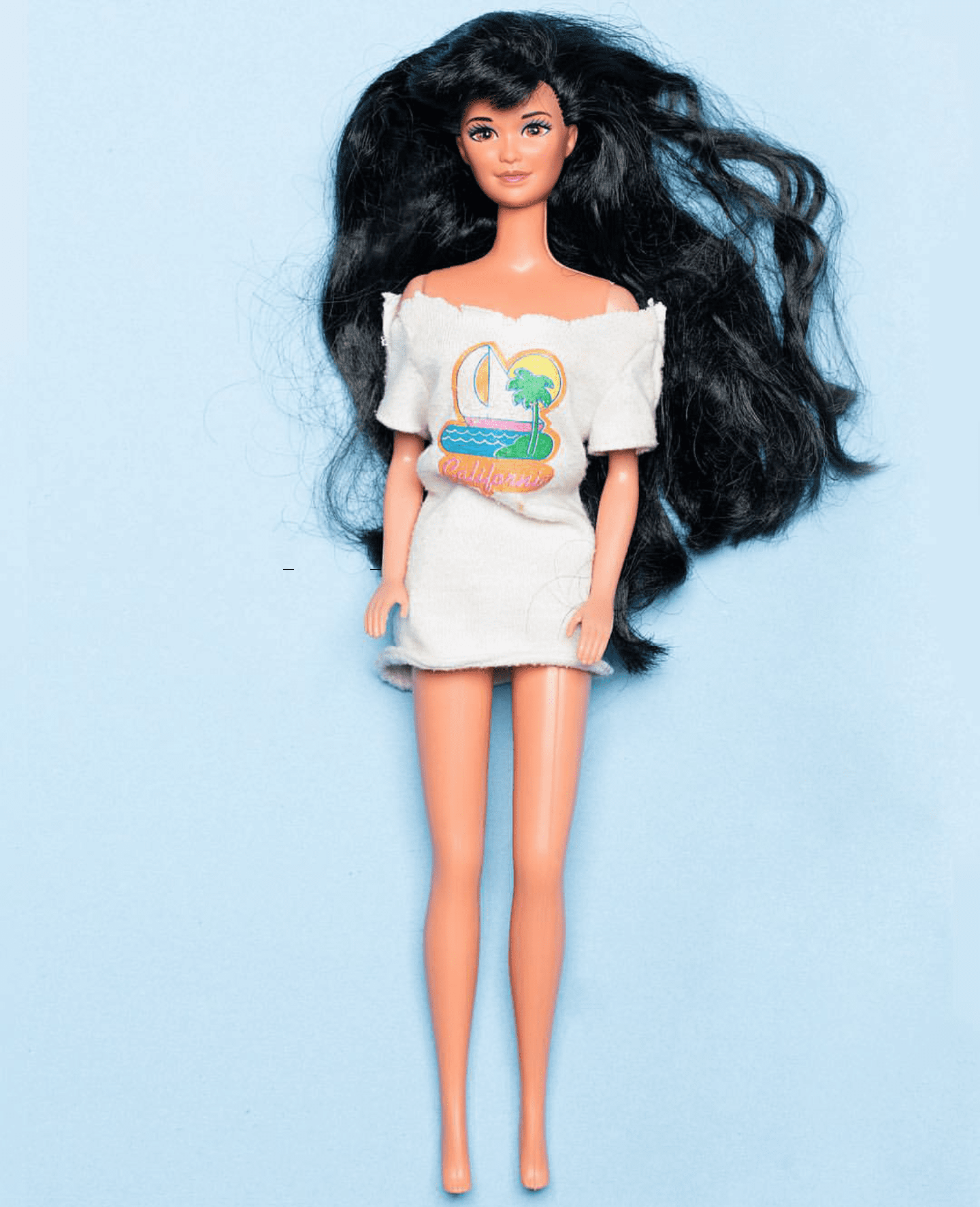
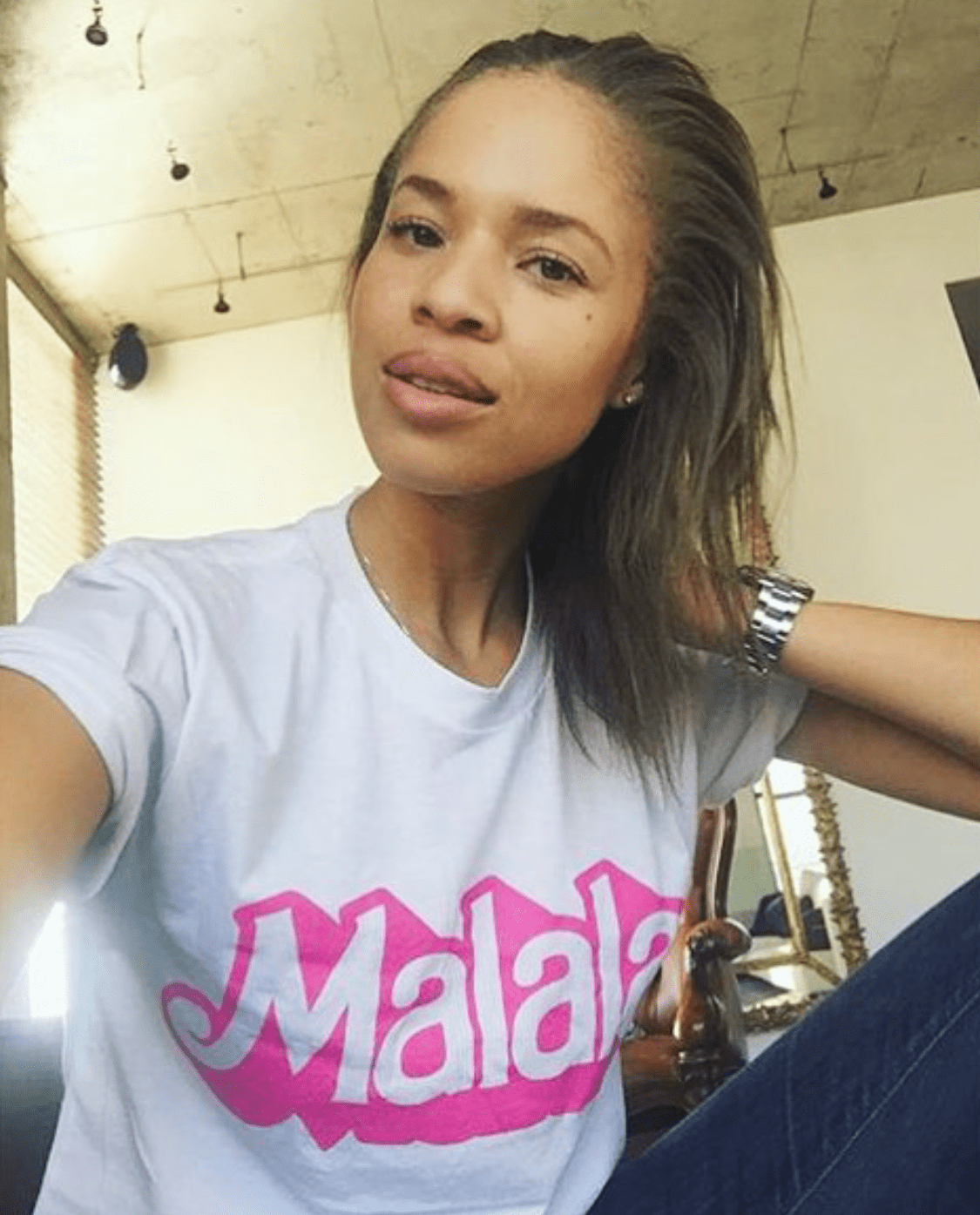
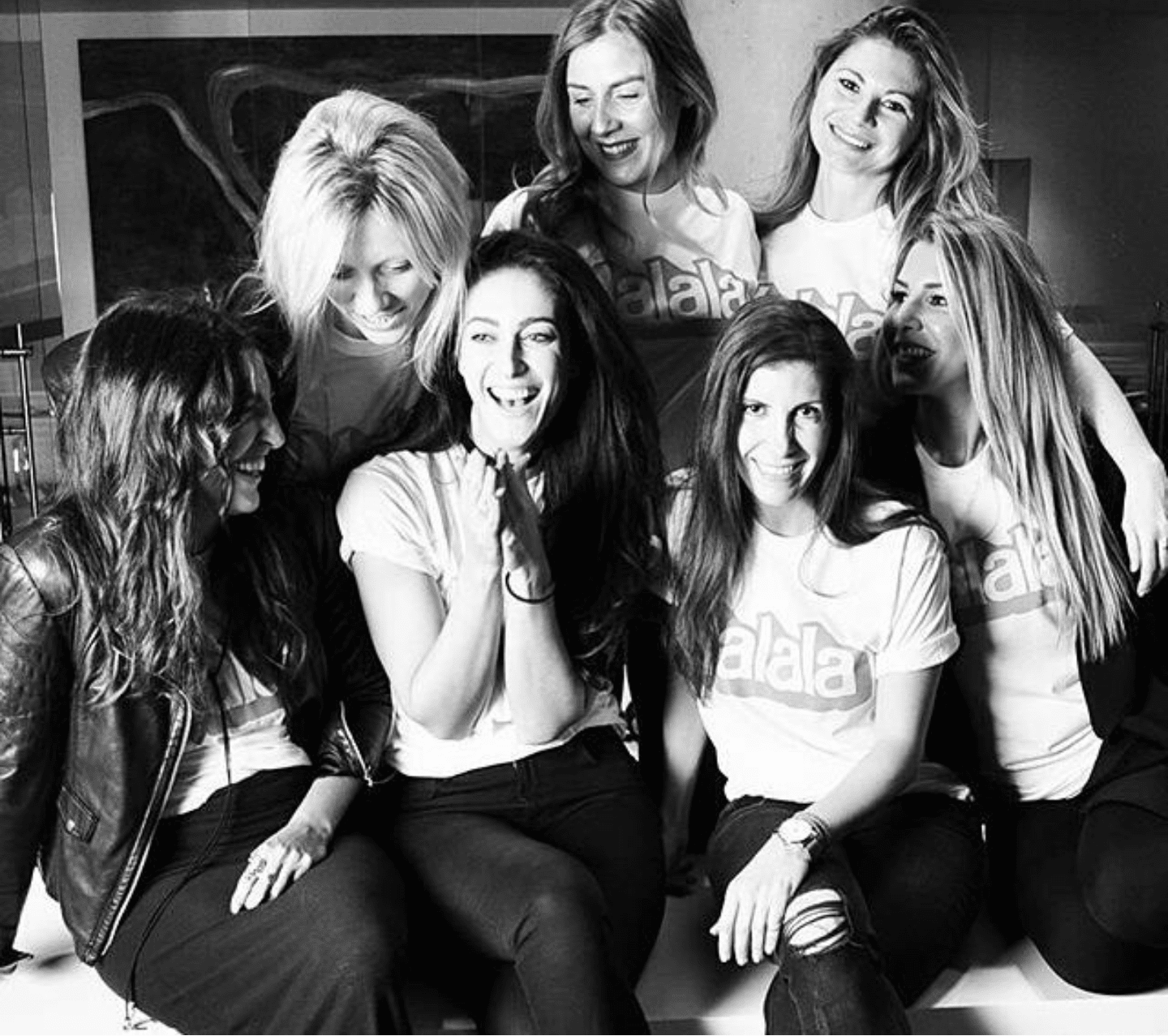

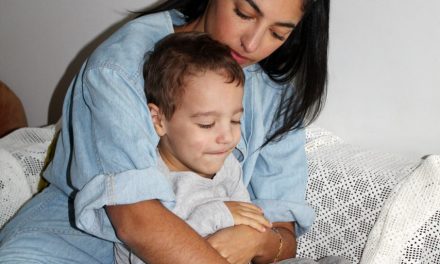
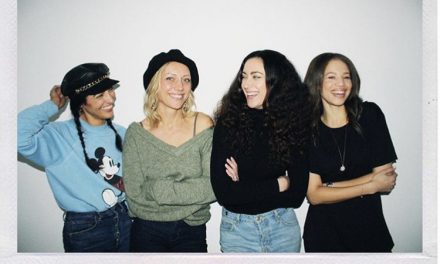
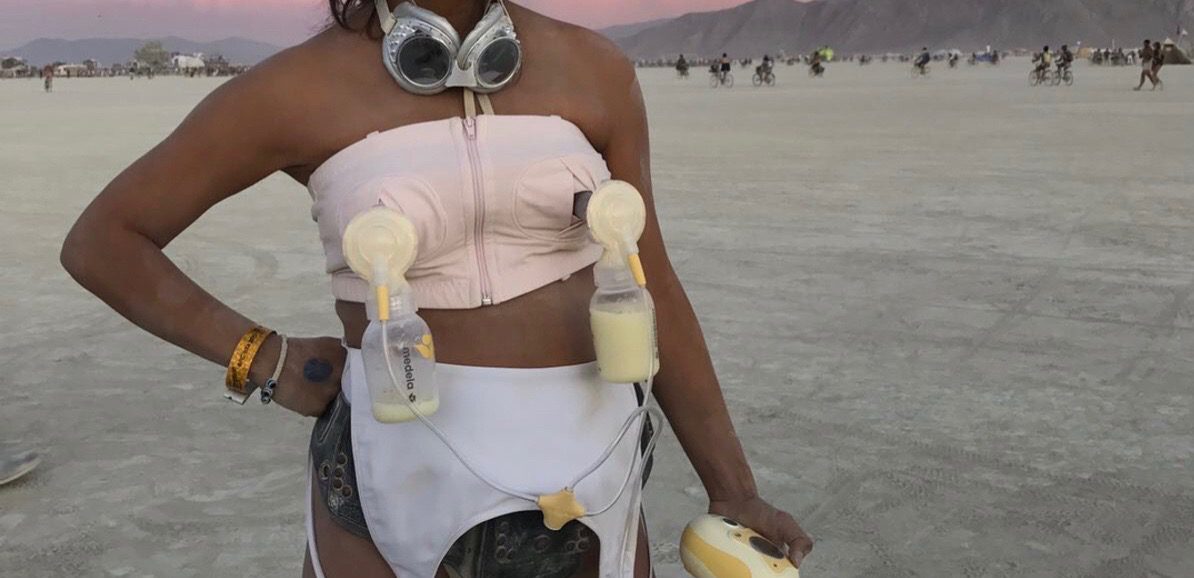
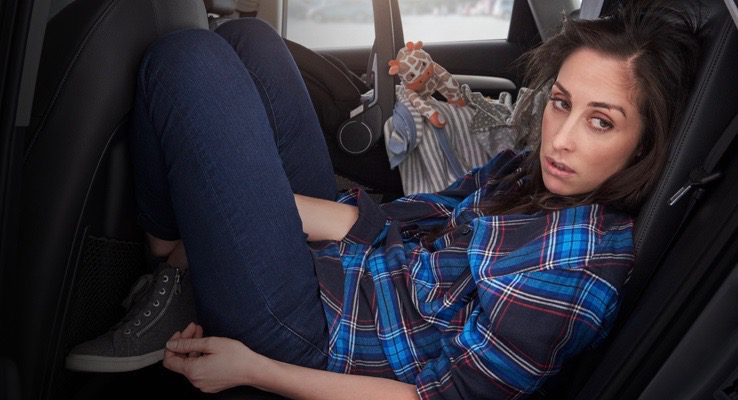
From Our Comments